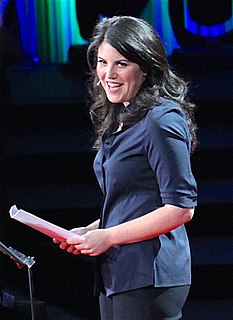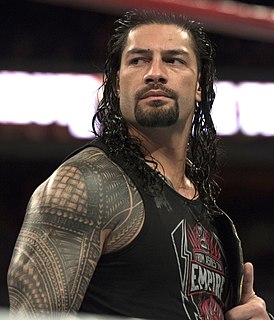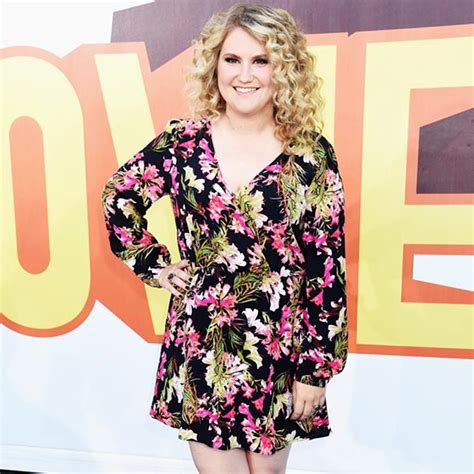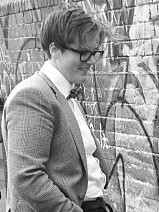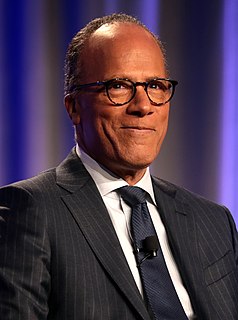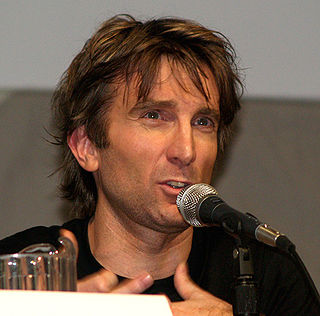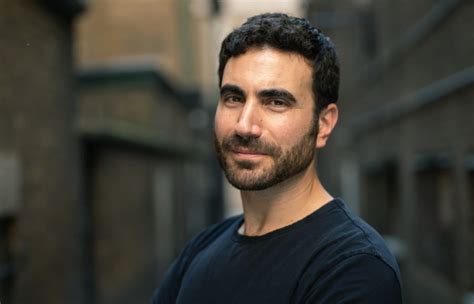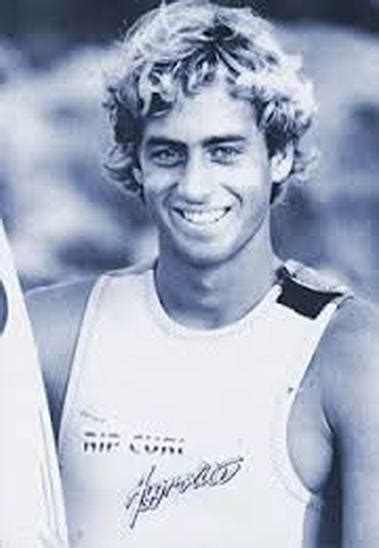A Quote by Box Brown
I'm pretty interested in documentary film, and I'd watch almost anything. At some point, I stumbled upon 'shoot interviews' and found out that wrestlers were now talking openly about things that were going on in wrestling that we as viewers were not privy to. This fascinated me.
Related Quotes
When I first started in the industry, there were - this is prior to the era of computer graphics and all these digital tools - there were some pretty rigid, technologically imposed limitations about how you shoot things, because if you didn't shoot 'em the right way, you couldn't make the shot work.
We had so many milestones in America. We were on our way to universal healthcare. We had gay marriage. We were talking about gender fluidity and trans issues openly and discussing them with respect. It was almost to the point where educating people about transgender rights wasn't an issue. We were including trans people as a normal part of our conversations instead of seeing their presence as this shocking thing to the system. We forgot that those things can be taken away from you because there are people in the world that, for whatever f - king reason, can't live and let live.
It used to be that if someone was to get involved in feminism, it was probably because they were already interested. They were already interested in feminism; they were already interested in being an activist, and they found their way to like a NOW meeting or to a consciousness-raising group or something like that.
You look at the Middle East, you started the Iran deal, that's another beauty where you have a country that was ready to fall, I mean, they were doing so badly. They were choking on the sanctions. And now they're going to be actually probably a major power at some point pretty soon, the way they're going.
I was the last one of nine kids - eight girls and me last - and my sisters were going out. They were teenagers. And as they were getting ready, I would sit on the bathtub and watch them put on makeup and transform themselves - you know, putting on clothes and giggling about the boys they were going to meet and everything. So for me, that was an amazing thing - the fact of transforming themselves.
Will Bridges, who is the co-creator with me, when we were working on 'SuperBob,' we were just talking about how we like to write about relationships. And we were talking about what love is. We were in very different stages; he was married and was about to have his first child, and I was kind of dating the wrong people.
Go back to the Bible, the Old Testament. I mean there were people who we would call intelectuals, there, they were called prophets, but they were basically intelectuals: they were people who were doing critical, geopolitical analysis, talking about the decisions of the king were going to lead to destruction; condemning inmorality, calling for justice for widows and orphans. What we would call dissident intelectuals. Were they nicely treated? No, they were driven into the desert, they were imprisoned, they were denounced. They were intelectuals who conformed.

